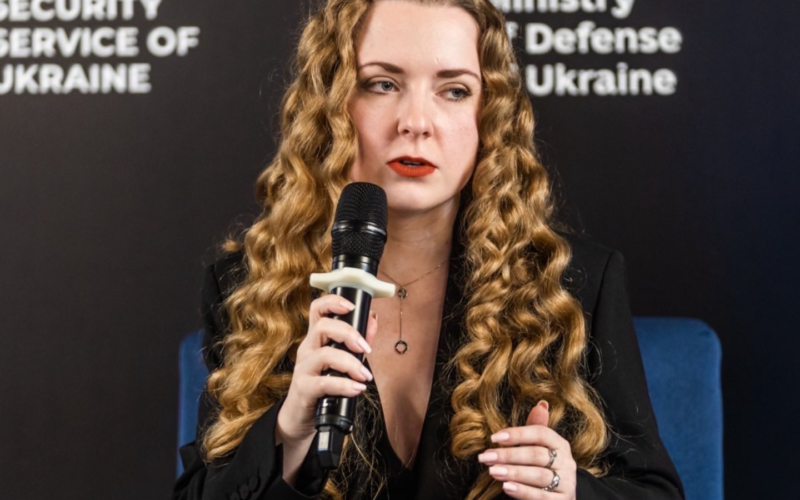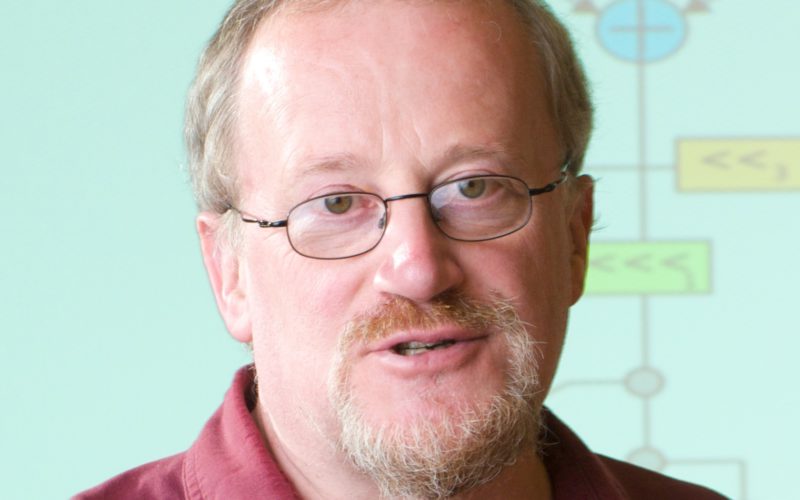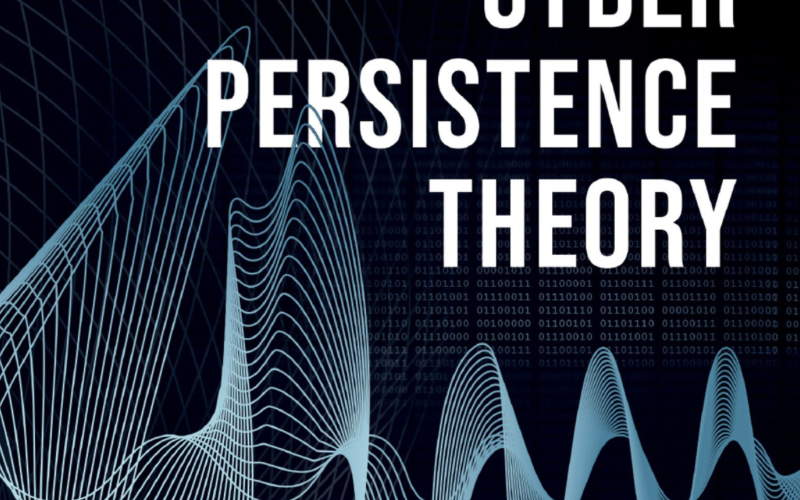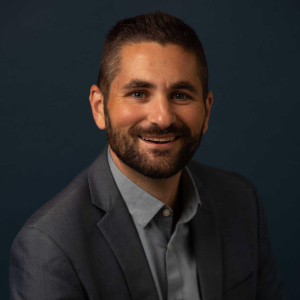Перший класичний випуск No Name Podcast з початку великої війни де ведучі (без гостей) зібрались обговорити кібербезпеку.
Що ми зачепили:
Екосистема вразливостей, чому політика КНР робить її наддержавою в кіберпросторі.
Sandworm та нові атаки на енергетику.
ЛокБіт та ICBC. Дурість, геополітичний сигнал, чи відсутність контролю рф за своїми проксі.
Прогрес  та нові застосування в кібері. Ризики” надмірної довіри результатам.
та нові застосування в кібері. Ризики” надмірної довіри результатам.
Новини та анонси: мемо з ENISA, відкриття Binding Hook, цікаві публікації та книжки.
Кожен випуск ми закликаємо підтримувати Збройні Сили України. Цього разу надамо й один із способів. Наші друзі з волонтерської організації «Воїни світла» тепер офіційно зареєстровані в Польщі та мають більше можливостей для міжнародної співпраці:
https://voiinysvitla.com.ua
Нехай буде з вами сила у ці темні часи. Світло має перемогти.
Read More






 та нові застосування в кібері. Ризики” надмірної довіри результатам.
та нові застосування в кібері. Ризики” надмірної довіри результатам.









